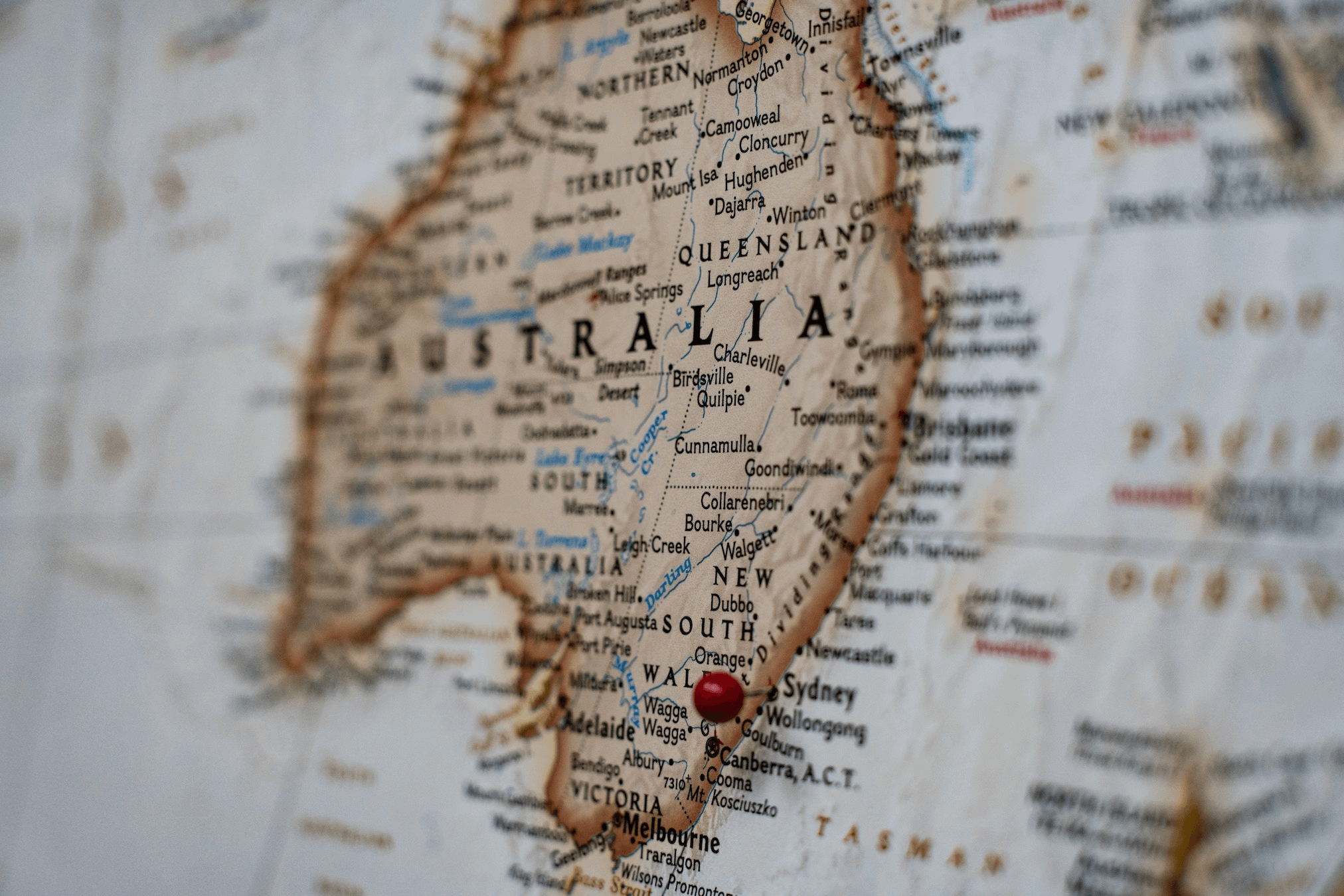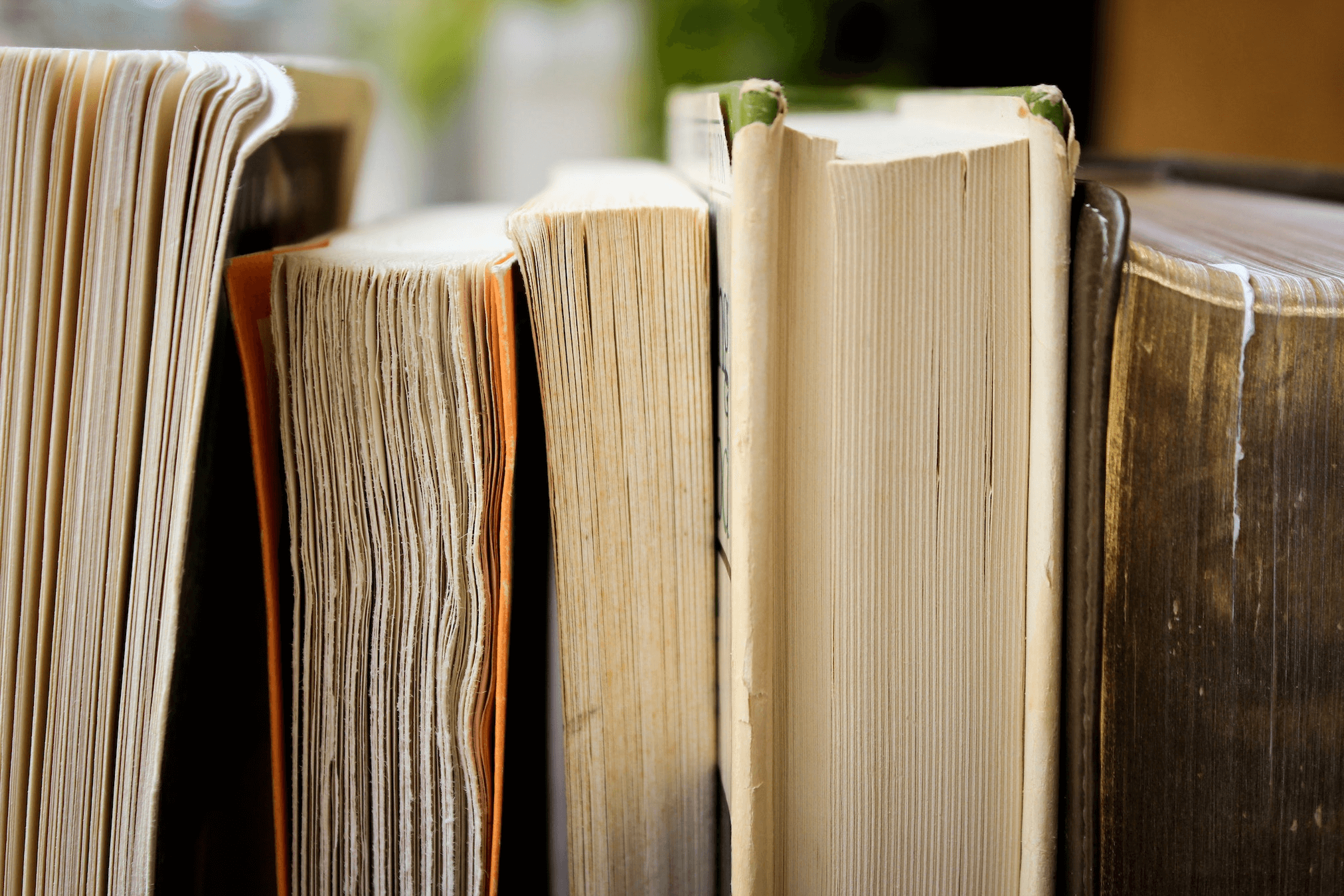Uncovering the truth of our colonial past
Associate Professor Anna Johnston is using her love of literature to gain a deeper understanding of our British colonial past. By studying non–fiction, she is uncovering information that allows us to better understand our history, as well as its effects on us today.

“There was a complex social dynamic in the 19th century. In Australia there were incoming settlers, Indigenous Australians and many people from around the British Empire travelling to a variety of destinations throughout the country and the world.
“Hobart, for example, was a port city in a very well–connected imperial world. It was well integrated into the global system of the 19th century. Tasmanian society was rich in British culture with parties, balls and many different kinds of travellers passing through.
“These travellers were not only elite Britons, although better educated travellers tended to document their experiences in letters and books. Working–class people too were highly mobile throughout the British Empire. There is so much to be learned from reading the literature from this time. Not just autobiographies and histories, but all kinds of non–fiction can give us great insight.”
Associate Professor Johnston and her colleague Professor Ralph Crane are well known for coediting a book originally written by two British women in the 1880s about domesticity in British India—The Complete Indian Housekeeper and Cook.
“This book gives a fascinating insight into the lives of colonial women in British India. It tells us not just how they cooked and what they ate, but how they lived and colonial relations in general. For example, it explains how to get a ‘hold’ over servants, how to teach Indian servants to cook British food, and how to treat a bite from a ‘mad’ dog. It gives an insight into the entire imperial experience,” said Associate Professor Johnston.
“Sometimes the literature provides insights that are completely unexpected. In the National Library of Australia in Canberra, while researching 19th–century religious poetry, I was very surprised to find myself reading a book bound in human skin.”

Associate Professor Johnston says there are many stories that are not being told.
“There is nothing more exciting than finding a particular book or archive of letters that sheds light on our past or fills in a gap previously unknown.
“It is important to create a full picture because we are influenced strongly by what we read and the stories that we are told. For example, stories of war make people feel things about other cultures, which influences our behaviour and how we interact.
“The histories of Japan and Australia, for example, have previously been kept apart, but there are now 3–4 new Australian novels that are connecting them, which is wonderful to see.”
Whilst in Japan at the University of Tokyo as a visiting Professor of Australian Studies in 2014, Associate Professor Johnston viewed a museum exhibition on Captain Cook’s voyages and Joseph Bank’s Florilegium.
“It is fascinating to see what the curators are telling us about natural history and the British Empire, but also the stories that are being left untold. I found myself thinking of the stories of the ordinary sailors and seamen who no doubt collected the botanical specimens that I was viewing and even sketched the first drawings. And of course we should think about how Indigenous Australians used these plants in their daily life…”
Associate Professor Johnston has published a number of books that shed light on colonial experiences and contemporary responses to the colonial period. She is also Director of The Centre for Colonialism and its Aftermath, which she helped Professor Lucy Frost to establish 13 years ago.
“Our colonial past is still with us in interesting ways in our writing and in our culture. The Centre for Colonialism and its Aftermath is an exciting group of cross–disciplinary researchers who are working together on this fascinating topic.”